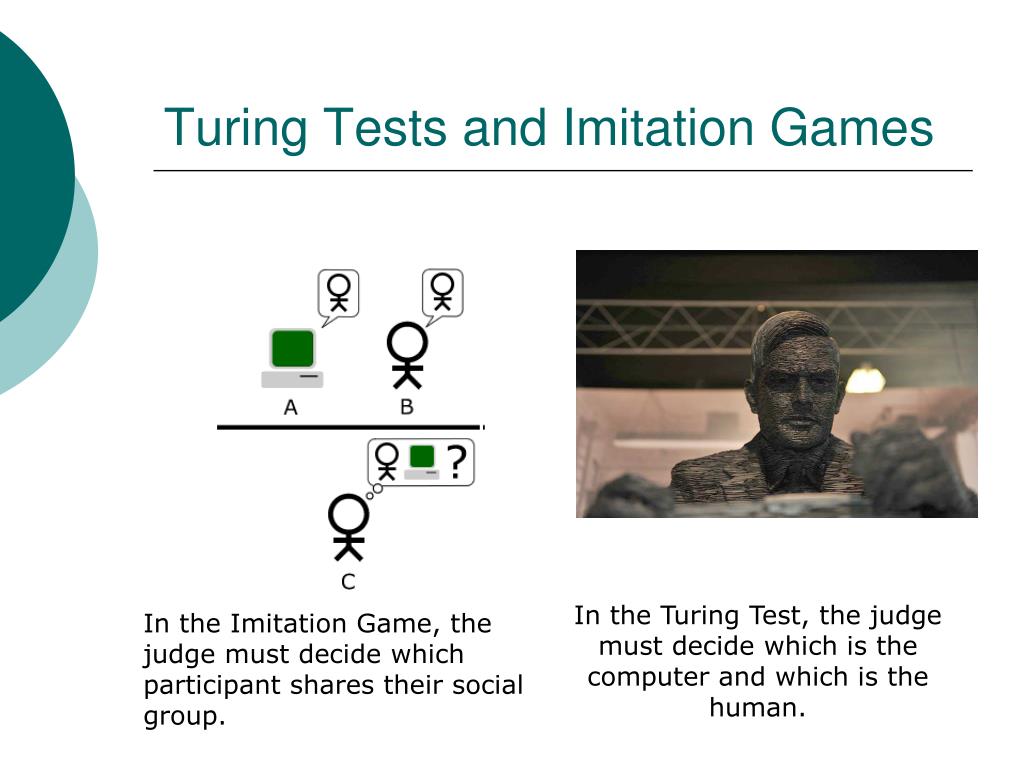
And, both the framing story and the global story have both an internal and an external genre. Here we have a non-linear framing story with a sub-plot, and a global story with two sub-plots. Genre: Usually we start with a summary of the beginning, middle and end, but the structure of The Imitation Game is different than anything we’ve seen on the podcast so far, so I thought a discussion of the genre needed to come first.

Moore began his career as a novelist, and to date has three published titles The Sherlockian, The Last Days of Night and The Holdout.Ĭontent Warning: The film includes derogatory terms referring to members of the LGBTQIA community. This was Moore’s first screenplay, and it won him an Academy Award for best adapted screenplay. It was based on the 1983 biography Alan Turing: The Enigma by Andrew Hodges. This 2014 film was directed by Morten Tyldum from a screenplay by Graham Moore. This week, Valerie looks at The Imitation Game in order to study how to integrate a framing story into a global story. And then my agent said, 'There is this beautiful script you should read.' On paper, a British period movie about a gay mathematician who ends up killing himself doesn't sound like a big crowd-pleaser or super-commercial.Download the Math of Storytelling Infographic "When I moved to LA, I got sent a lot of action thrillers, heist movies, superhero pics. Tyldum had just relocated to Hollywood on the heels of a major box-office success with the Norwegian action thriller "Headhunters" ("Hodejegerne") when he first got ahold of Moore's script. Tyldum, who is from Norway, said he knew very little about Turing's story initially: "Which is one of the reasons I became so obsessed with it." The court gave him a choice: Go to prison or remain free but subject himself to chemical castration via hormone injections. A few years earlier, he had been arrested and charged with gross indecency. Turing, who was gay, likely took his own life in 1954. He (gesturing to the film's director, sitting next to him) loves making fun of me for this, he's so happy right now."

There was a Goth phase, but a whole computer nerd component to it. "I wore nail polish every day and I had dyed long black hair. No one who is supercool goes to space camp.

Feeling like a social misfit myself, I was drawn to other people who were outsiders, and that's what drew me to the Turing story. "I think it was something I lived every day.


 0 kommentar(er)
0 kommentar(er)
